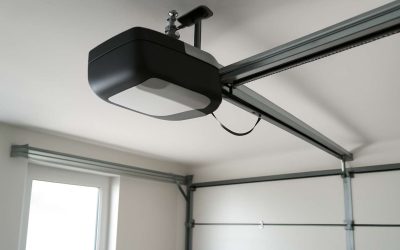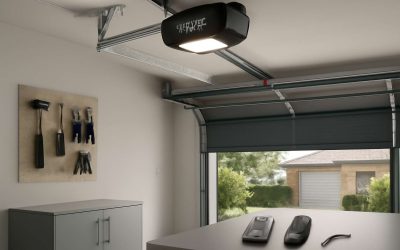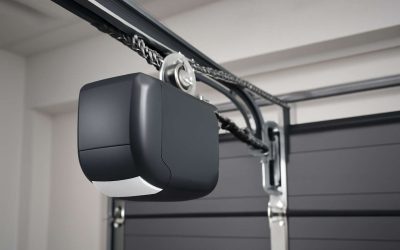
When it comes to selecting a garage door, you want something that complements your home’s design and fits into your budget. The right door can make a big difference on your curb appeal and even give your house a more inviting feel.
Choosing the Right Color
White is the most popular choice for residential doors; it complements and balances out your home’s overall design. Light gray is a softer, more subtle option that also works well with many homes. Dark grey and black doors are a bit more dramatic and can be a great accent to some home designs.
Another popular option is brown; it gives off the appearance of a wood door and can enhance a rustic style. The color can add character to your home and help it stand out from the rest of your neighborhood.
The Right Material
Depending on where you live, steel or aluminum are good options for a durable garage door. Both metals are weather-resistant and offer a variety of color options.
They are often paired with high-end openers that can raise and lower your garage door with ease. These garage door openers come with a variety of features, including remote controls that fit on your keychain and can be activated from your vehicle or inside your home.
Motors
A quality garage door opener should have a strong, reliable motor that can handle the weight of your door. Generally, a 3/4 HP motor will open most residential garage doors quickly and smoothly.
Some openers feature a “force guard control” that reduces the amount of force used to lift and lower your garage door, which can help protect your garage and door from wear and tear over time.
Other features to consider include an emergency pull cord, photo eyes or sensors and automatic door closing. The emergency cord, which hangs near the opening of your garage, disengages the door’s motor when you pull it down. Sensors, or “photo eyes,” shoot an invisible beam across the opening of your garage and will send a signal to the motor to stop if anything crosses it.
Energy Efficiency
Several modern garage door systems are made with insulated materials to help keep your garage warm in the winter and cool in the summer. This can be particularly useful if you have a workshop or bonus room above your garage, where you may need temperature control to protect your items from the cold.
Insulated garage doors can also be an excellent way to cut down on air leakage, which helps save money on heating and cooling costs. Look for a door that has an R-value of at least 15 or 16, which can help save on energy bills over the long term.
A garage door is an expensive investment, so make sure you get the best deal possible. A knowledgeable salesperson can check a variety of details, like headroom and side clearance, and help you make the most of your money when you purchase a new door.



0 Comments